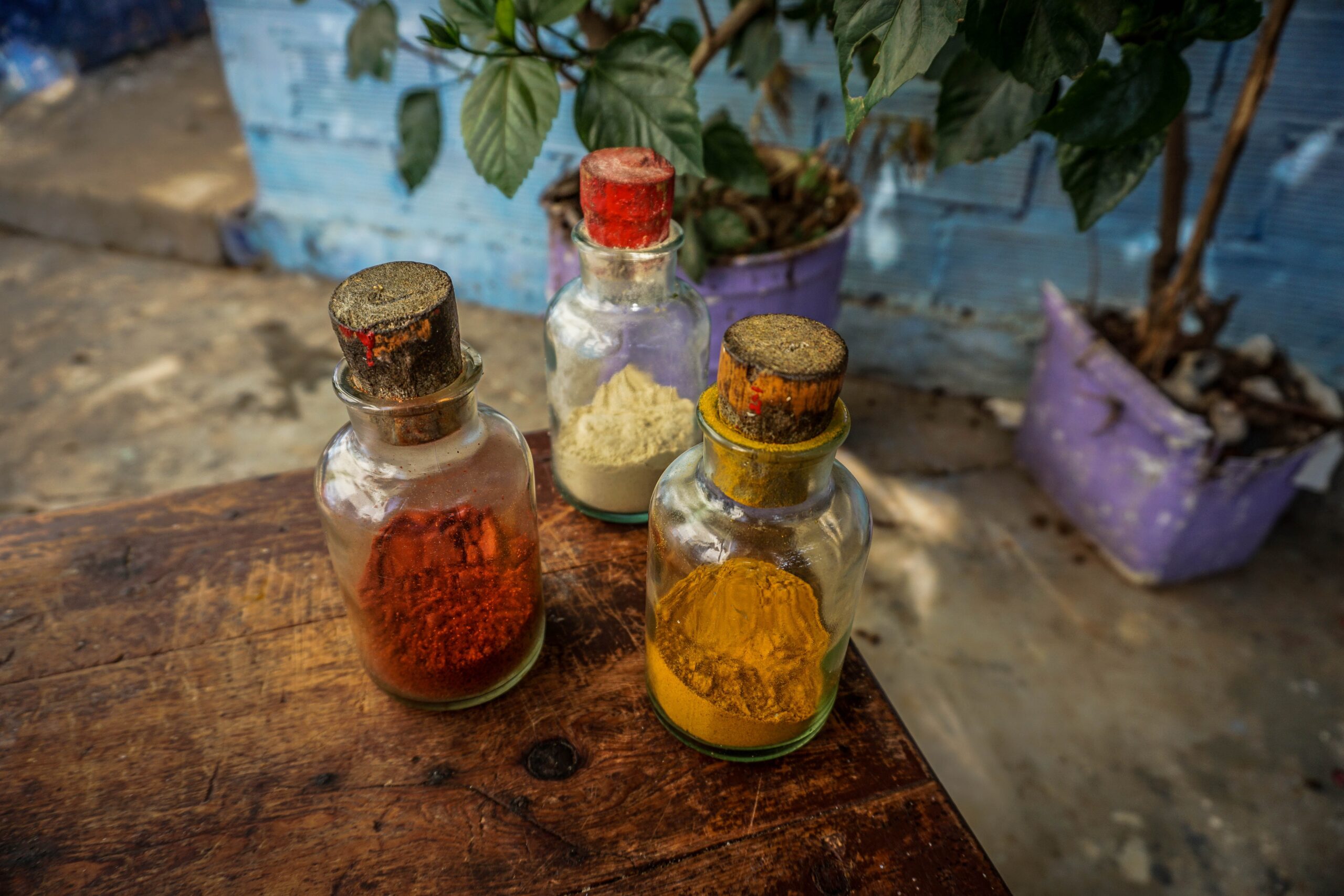Throughout history, black herbalists from Africa and the Caribbean have made remarkable contributions to the field of herbal medicine. These individuals possess deep knowledge of plants, their healing properties, and traditional healing practices. In this blog post, we will celebrate the legacy of some of the most well-known black herbalists who have left an indelible mark on their communities and the world. Their wisdom and expertise have not only enriched herbal traditions but have also inspired generations to reconnect with nature’s healing gifts.
Table of Contents
Dr. Sebi (Alfredo Darrington Bowman)

Dr. Sebi, born in Honduras, gained recognition for his holistic approach to healing and promoting herbal remedies. He emphasized the importance of an alkaline diet and used natural herbs to address various health concerns. Dr. Sebi’s teachings and healing methods continue to influence individuals seeking natural alternatives for their well-being.
Mama Auset

Mama Auset, also known as Queen Afua, is a renowned herbalist and spiritual teacher from the United States. She has dedicated her life to empowering individuals, particularly black women, through holistic healing practices. Mama Auset emphasizes the use of herbs, nutrition, and spiritual rituals to restore balance and vitality.
Dr. Malidoma Patrice Somé

Dr. Malidoma Patrice Somé, born in Burkina Faso, West Africa, is a renowned herbalist, author, and spiritual teacher. He has shared the wisdom of his Dagara tribe’s healing practices, which incorporate herbs, rituals, and ancestral wisdom. Dr. Somé’s work explores the interconnectedness of physical, emotional, and spiritual well-being.
Dr. Juliette Tuakli

Dr. Juliette Tuakli, a Ghanaian pediatrician and herbalist, has made significant contributions to children’s health and herbal medicine in Africa. She has advocated for the use of traditional herbs and remedies in pediatric care, promoting a holistic approach to child wellness. Dr. Tuakli’s efforts have bridged the gap between modern medicine and traditional healing practices.
Conclusion
The rich legacy of black herbalists from Africa and the Caribbean serves as a testament to the profound wisdom and healing power of nature. Their contributions have not only brought relief and well-being to countless individuals but have also revitalized traditional healing practices in communities around the world. By honoring and celebrating their work, we can continue to learn from their knowledge, embrace our roots, and foster a deeper connection with the healing gifts of the Earth.






